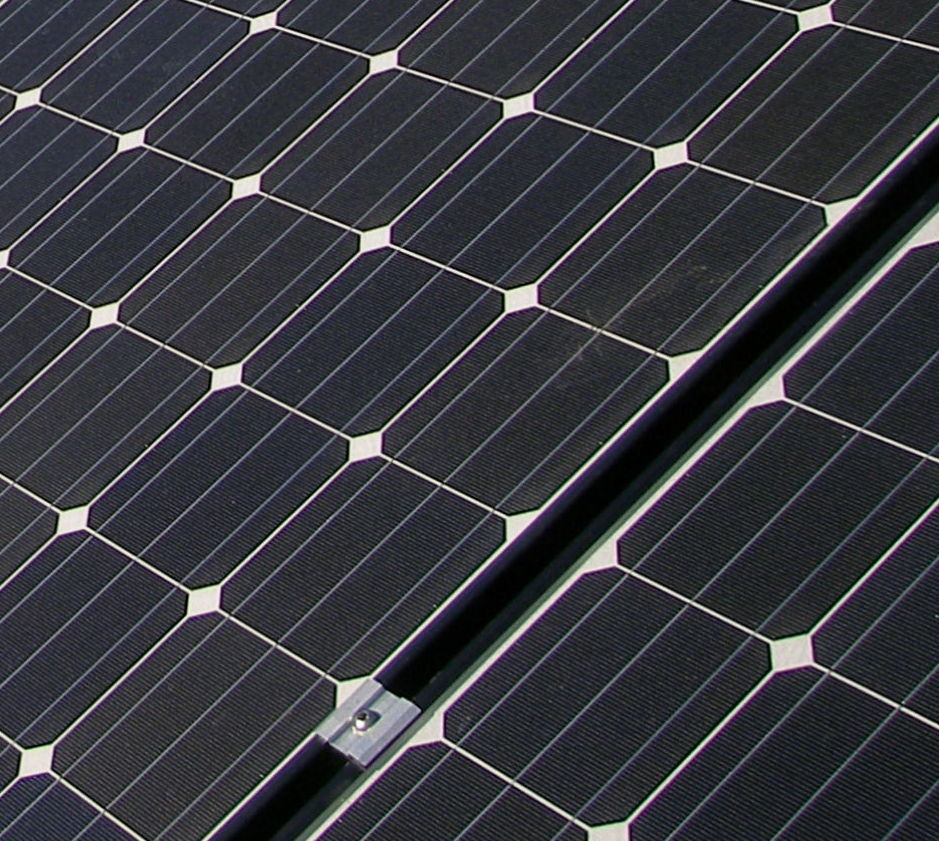Solar electricity still has a positive future

Homeowners and businesses appear to be confused about the benefits of solar electricity. According to industry statistics, solar photovoltaic installations have fallen by almost 80% in the latter half of 2012. The cause is the government’s restrictions on feed-in tariffs. Yet solar panels are as efficient as they have ever been, and unquestionably cut reliance on electricity suppliers.
Solar power is essential
Solar panels are a proven way to convert sunlight into much-needed energy. In countries around the world, the uses of solar photovoltaic power for electricity, and solar thermal power for heat and steam, are growing rapidly.
This is hardly surprising when you look at the basic facts about solar energy. When you install solar panels, you can expect them to last an average of 25 to 40 years. The panels require next to no maintenance during this time. The only expense you have to bear is the one-off cost of installation.
Once you have your solar panels in place, you have a reliable source of green energy. You no longer have to worry about paying for electricity from the national grid. Put simply, you save money by using your own electrical power source.
Solar heating and electricity in the UK
Until recently, more than 5,000 UK businesses and homes per week installed solar photovoltaic systems. It made perfect sense to do so. But the government has changed the feed-in tariff rules, and by so doing has created uncertainty. Demand for solar panels has fallen.
The aim of the feed-in tariff scheme is to promote the sustainable, small-scale generation of electricity using systems such as solar photovoltaic panels.
The scheme has three major benefits:
-
You save money on power bills by creating your own electricity.
-
Your electricity supplier pays you for each kilowatt of electricity you produce.
-
You receive a further payment by giving your excess electricity to the national grid.
The feed-in tariff scheme still exists, but the government has cut the amount of the incentive payments from August 2012. Furthermore, you have to meet different conditions before you can apply for the tariff. You must now have a property with an Energy Performance Certificate (EPC) of grade D or above.
Solar electricity is a viable green alternative
These changes have sapped the confidence of business and domestic consumers. They are wondering whether installing solar panels is still a credible, money-saving alternative to buying standard electricity.
As mentioned above, however, the principles behind solar panels have not changed. The panels can still supply your home or business with all the electricity you need.
What’s more, despite the cutbacks in the feed-in tariffs, if you calculate the value of solar power over the long-term, you can achieve a return on your investment. You can expect this return to be 10% or more, tax-free.
As for achieving a band D EPC for your property, this is not as hard as you may think. For example, you can apply for grants to improve the quality of your roof and ceiling insulation. These improvements limit heat loss and boost your EPC band.
To find out more about solar electricity, and how it can benefit you by providing a sustainable, good-value source of power, contact Eco2Solar today. Alternatively you can request an online quote here
